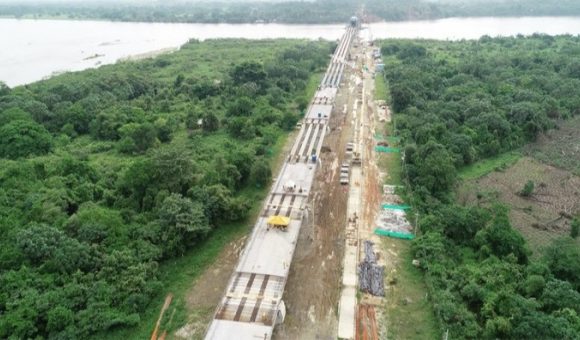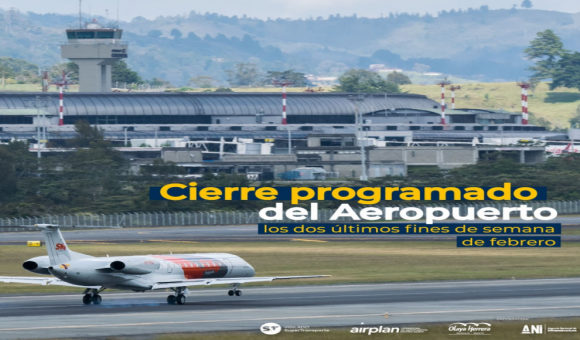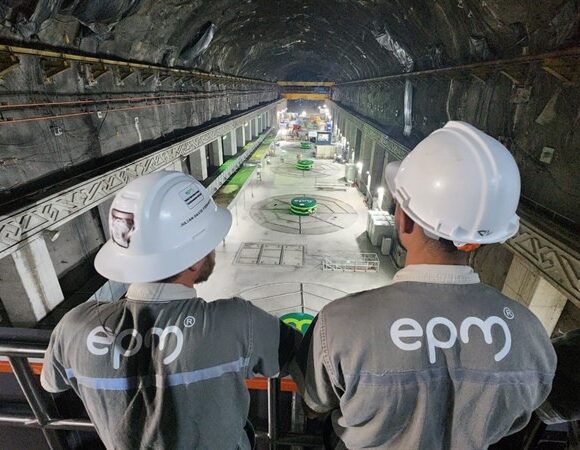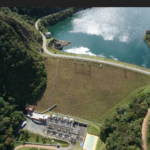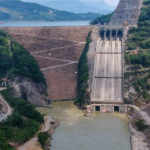Colombia VP Marta Lucia Ramirez Hails Crucial Puerto Antioquia Financing Deals
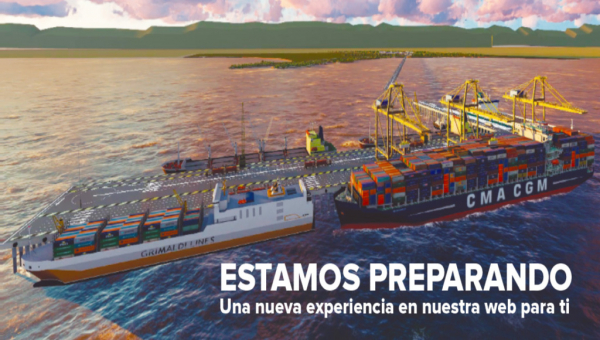
Colombia Vice President Marta Lucía Ramírez announced January 5 the addition of US$397 million in financing deals supporting the US$627 million “Puerto Antioquia” ocean freight project near Turbo, Antioquia.
Part of the new funds will come via the privately held Financiera de Desarrollo Nacional (FDN) group, which just confirmed a US$103.7 million loan package involving JP Morgan including a loan guarantee from the Multilateral Investment Guarantee Agency (MIGA).
Another part of the new funding comes from the Inter-American Development Bank Group with US$200 million, plus US$30 million from Colombia’s Bancoldex import-export promotion agency and US$60 million from the Davivienda bank group here, according to FDN.
The JP Morgan loan carries a 16-years payback term with a four-year grace period, according to FDN. “The loan will be amortized in 47 quarterly installments from the expiration of the grace period,” according to FDN, whose shareholders include Grupo Bicentenario, IFC, Sumitomo Mitsui Banking Corporation and CAF.
According to FDN, “the port is expected to start operating in 2025 and reduce logistics costs by improving competitiveness and allowing the development of small and medium-sized producers, which have been restricted, in part, by limited access to ports, and competition by the quotas offered in the boats that transport agricultural products.”
The new port also will “promote the creation of 11,600 new companies and US$24.4 million per year in tax payments,” according to FDN.
The total estimated capital cost of US$672.4 million includes debt finance (59.6% of the total, or US$393.7 million), with the remaining 40.4% (equivalent to US$280 million) in capital finance to be provided by the project partners.
“When compared with the other alternative ports in the Caribbean for cargo transportation, Puerto Antioquia represents a cost savings of 44% and 41% in distance for Medellín, 37% in costs and 33% in distance from the coffee region, ands 17% in costs and 25% in distance from Bogotá,” according to FDN.
The port will enjoy new highway connections via the under-construction Mar 1, Mar 2 and Toyo Tunnel highway projects in Antioquia, due for completion over the next two-to-four years.
The annual capacity of Puerto Antioquia will enable shipping of 600,000 twenty-foot-container-equivalent units in dry and refrigerated containers, 3 million tons of bulk cargo and 1.15 million tons of general cargo, according to FDN.
The private-sector capital sponsors of the project include global shipping giant CMA Terminals (22% share); Pio S.A.S. (11.1%); Eiffage Infrastructures S.A.S (22%); Termotécnica Coindustrial (5.17%); banana exporter Uniban (15.51%); Agrícola Santamaría (5.69%); Banafrut (4.14%); CI Tropical (6.21%); and Unión Para la Infraestructura (8.21%), the latter of which is backed by Credicorp Capital Asset Management and Sura Asset Management, according to FDN.

